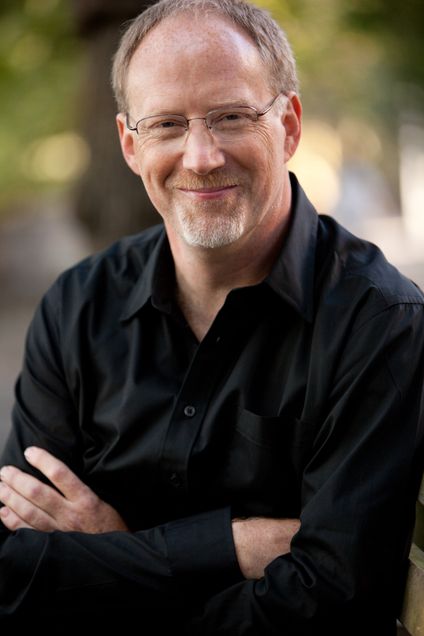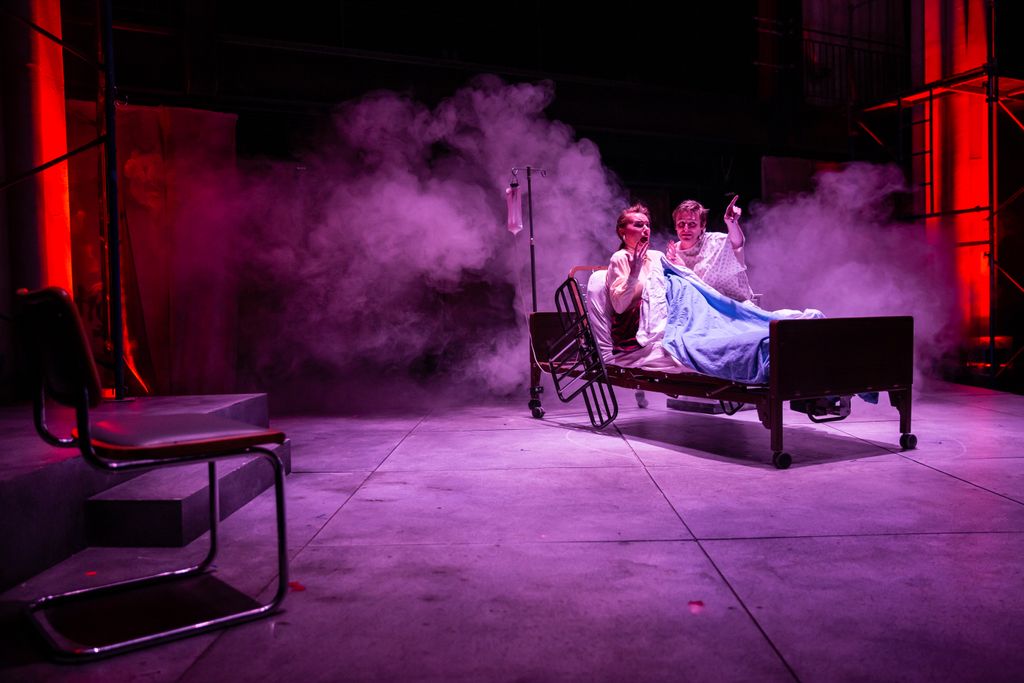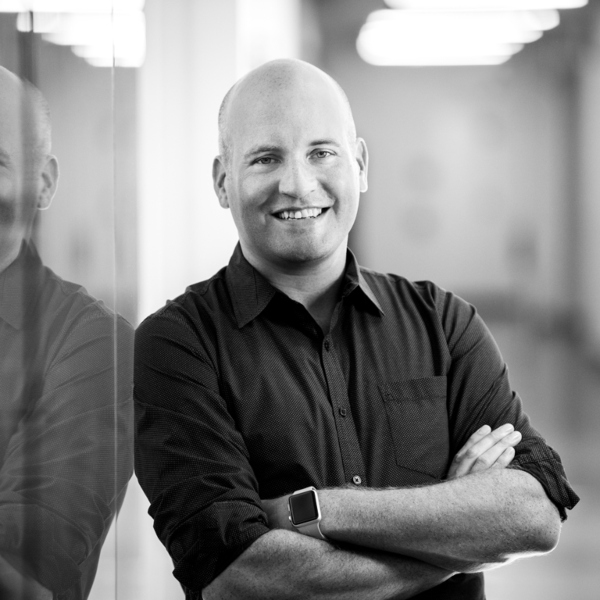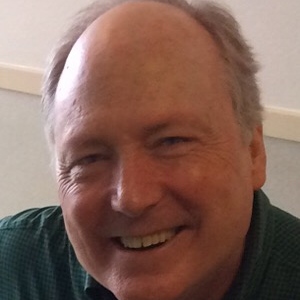Faculty Feature: Mark Stanley

Having designed more than 200 premieres for New York City Ballet’s repertory, Mark Stanley, Professor of Lighting Design at BU and NYC Ballet’s Resident Lighting Designer, is a leader in lighting design and shares his wealth of knowledge with current theatre students.
In the CFA Faculty Feature, Stanley talks about his field and what makes him excited to teach lighting design at BU, with the main reason being helping individual students find their artistic voices. He dives into the importance of lighting design and how lighting is the glue of any production, connecting the set with the costumes and guiding audience members on where to place focus.
He also shares with CFA what he looks for in applicants to the lighting design program and why a student should select this program in Boston over one offered in an institution located in New York City.
Q&A
INTERVIEW WITH MARK STANLEY
CFA: What does lighting design do?
圣
CFA: As an audience member, should I notice the lighting?
圣
Lighting is the glue of a production. It brings together all the elements into one stylistic whole. A set designer might be doing one thing and a costume designer is doing something a little different but hopefully in the same vocabulary, and lighting brings those two elements together for the performance, thereby supporting the storytelling.
CFA: What makes you excited about teaching in the lighting program at BU College of Fine Arts?
Stanley: I love helping individual students find their artistic voices. When they enter the program, many of them are still trying to figure out who they are as artists. That journey is very exciting for me. They go from someone who is trying to sort out what their point of view is about lighting and theater and at the end of the program, they come out – not as fully formed artists because hopefully, we’re always growing throughout our entire career – but having a better sense of who they are as artists and are ready to confidently enter the world of theater-makers. That’s exciting to me.
CFA: We’ve heard from other theatre department heads how students are not expected to graduate with their work looking a certain way. Do you agree?
Stanley: I agree with my colleagues. When I am interviewing graduate applicants, I say BU is not a cookie-cutter program. We don’t want to turn out people who design “like Boston University graduates.” I think that’s one of the hallmarks of our program. I don’t want someone to design as I do. I want them to learn from what I know and hopefully, that will help them find their individual voice. But I think one of the strong points of our program is that our graduates come out of here designing all different ways based on who they are and what their experiences are.
CFA: Have graduates found success in the field?
Stanley: Absolutely. We have a really good success rate. I was just recently talking to a graduate who, since graduation, has had a full-time lighting design career. Most of our students in some fashion or another are making a career in lighting. A lot of applicants ask, “What are your alumni doing?” I answer, first of all, they’re doing what they love. They’re doing so many different things – which is exactly what our program is designed to make possible for them. One potential student said to me, “I understand BU churns out Broadway designers.” I said, well, I don’t think so. First, we don’t churn out anybody. Second, look at our alumni. They’re working everywhere. The world is much bigger than Broadway.
CFA: What do you look for in an applicant?
圣
CFA: If you can’t experiment in a grad program, where can you experiment?
Stanley: That’s the beauty of an academic experience. You can make mistakes, you can try things. There’s no professional pressure to get it exactly right the first time.
CFA: Why should a student choose BU over a program in a rural setting where the program is a major generator of theatre for a region?
Stanley: I think the advantage of Boston, BU, in particular, is first, we have a committed professional faculty. All of us are working designers. We bring that experience to the classroom and use our work and connections to help build pathways to future careers. Going to a regional hub makes you one step removed from the professional community. Second, Boston has a vibrant arts community. You have to decide what pool you want to play in regarding where you want to be professionally.
Boston is a really good stepping stone to a larger theater community. That doesn’t mean that you won’t get a good education somewhere else. There are lots of good schools out there that are not in major metropolitan hubs. But because we are in Boston and near New York, and we have a professional design faculty, we can offer a broader spectrum of experiences and connections than other schools.
Boston has a vibrant arts community. Because we are in Boston and near New York, AND we have a professional design faculty, we can offer [students] a broader spectrum of experiences and connections than other schools.
CFA: Why not attend a program in New York City?
Stanley: A program there is in the midst of the theater community and that brings some advantages. But we offer a broader, more holistic view of what theater-making is. We focus on the student as an individual. We offer a high level of mentorship. Students know we are all working in the field and sometimes they worry that we will be too busy to have time for mentoring. I spend a lot of time reassuring them that we probably put in more hours mentoring than we do in the classroom or in production. Even though we’re a professional faculty, we’re very hands-on. When you come to Boston University, you’re part of a community of people that are actively engaged in that community. The faculty is as engaged as the students.
This Series
Also in
Faculty Features
-
December 12, 2023
Faculty Feature: Daniel Parsley
-
September 6, 2023
Faculty Feature: Nancy Goeres
-
March 29, 2023
Faculty Feature: Rébecca Bourgault

Learn more about BU’s lighting design programs
BU offers an undergraduate program and a graduate program in lighting design. Check out a list of notable alums and where they are today, see the work of current students, and get a behind-the-scenes look at BU’s Light & Sound Lab, where students test their lighting setups prior to Booth Theatre’s big shows.

